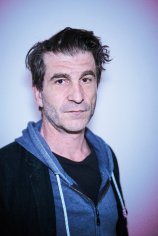Oh no, not again!
Kasino
von Aslı Kışlal & Ensemble
„Nein, das hast du falsch verstanden! Wir sind doch auf deiner Seite!“ – Rassismus passiert im Alltag auch da, wo er am wenigsten zu erwarten ist. Auch in vermeintlich progressiven Kontexten stoßen Betroffene auf Zuschreibungen, durch die sie ausgeschlossen werden. In OH NO, NOT AGAIN! arbeiten sich Expert:innen des Alltags und Ensemblemitglieder der BURG an vorgefertigten Bildern ab, in die sie gedrängt werden – oder die sie selbst im Kopf haben.
Die Regisseurin Aslı Kışlal gründete 2013 das Performance- und Theaterlabor diverCITYLAB. Mit ihrer Inszenierung von MINIHORROR im Theater am Werk war sie 2024 für den Nestroy in der Kategorie „Beste Off-Produktion“ nominiert.
- Regie:
Aslı Kışlal,
- Bühnenbild:
Birgit Kellner,
- Kostüme:
Nadine Abena Cobbina,
- Musik:
Uwe Felchle,
- Licht:
Martin Schwab,
- Dramaturgie:
Lena Wontorra,
Besetzung
TRAILER

Nadine Abena Cobbina, Sabine Haupt, Paul Basonga, Daniel Jesch, Zeynep Salkök
© Tommy Hetzel

Dunja Sowinetz, Daniel Jesch, Hakan Çepelli, Paul Basonga
© Tommy Hetzel
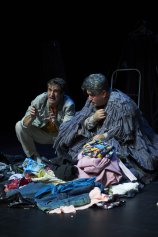
Daniel Jesch, Hakan Çepelli
© Tommy Hetzel
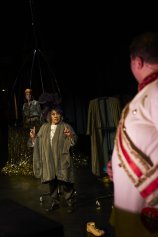
Zeynep Salkök, Paul Basonga
© Tommy Hetzel

Hakan Çepelli, Sabine Haupt
© Tommy Hetzel

Dunja Sowinetz
© Tommy Hetzel
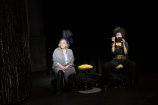
Zeynep Salkök, Nadine Abena Cobbina
© Tommy Hetzel
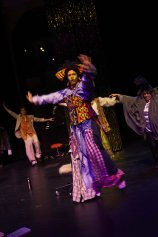
Nadine Abena Cobbina
© Tommy Hetzel
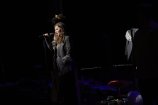
Luna Al-Mousli
© Tommy Hetzel

Paul Basonga
© Tommy Hetzel

Paul Basonga, Sabine Haupt, Dunja Sowinetz, Daniel Jesch
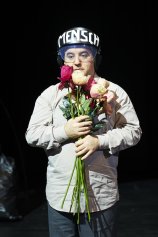
Hakan Çepelli
© Tommy Hetzel
HIT ME BABY ONE MORE TIME.





